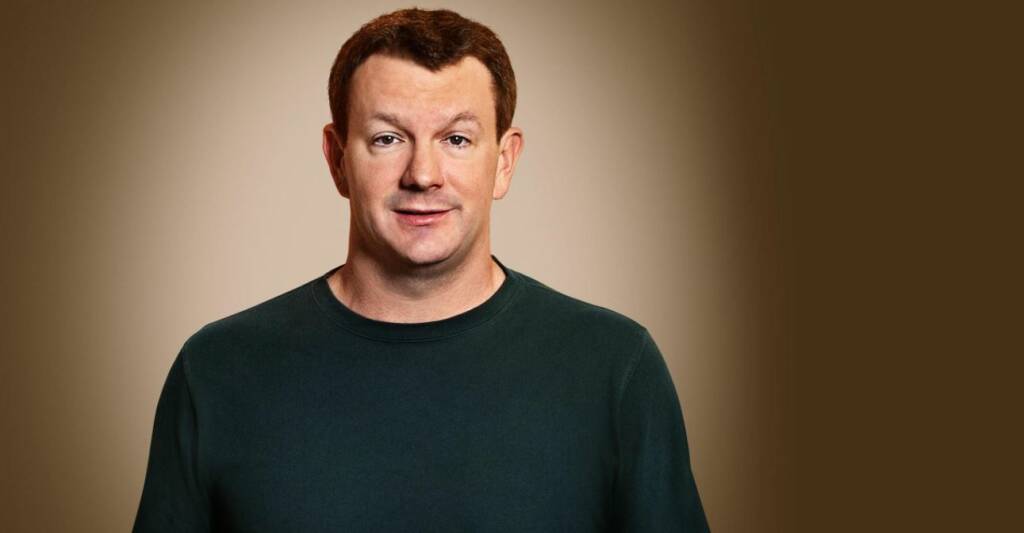Two years ago, Brian Acton, the founder of WhatsApp sent out a mysterious tweet where he wrote nothing but “It’s time, Delete Facebook” and never tweeted anything on the platform, ever again. Fast forward to 2021, Brian Acton and a company he helped co-found named Signal is coming after Facebook-owned WhatsApp and challenging its monopoly after the platform altered its privacy policy and forced it down the throats of its users worldwide.
https://twitter.com/brianacton/status/976231995846963201
Acton is not a greenhorn when it comes to standing his ground against a tech behemoth like Facebook. For the major part of the last decade, he built and operated a platform that Mark Zuckerberg envied for a long time. Even when GB WhatsApp was earning little to no revenue, Facebook, buoyed by the potential of the free messaging app bought it for over $22 million in 2014.
However, as is the case with most greedy big tech companies, Facebook tried to roll over the philosophy of Acton and WhatsApp of “no ads, no games, no gimmicks”. Zuckerberg wanted to monetize WhatsApp by directing personalized ads in WhatsApp’s new Status feature, which Acton felt broke a social compact with its users.
Soon after, Acton quit the company which cost him well over $850 million. Dejected that his baby was being turned into another ad platform, Acton teamed up with Moxie Marlinspike of Open Whisper Systems and formed the texting platform Signal as well as Signal Foundation in 2018.
Read More: Presenting Facebook’s fact-checking feature. Brought to you by the Communist Party of China
Favoured by tech giants, cybersecurity experts, journalists, government officials, and many more, Signal has gone from a darling secret of the security community to something even the non-tech savvy are using as an alternative messaging app after WhatsApp destroyed its own credibility.
“It’s a great opportunity for Signal to shine and to give people a choice and alternative. It was a slow burn for three years and then a huge explosion. Now the rocket is going,” said Brian Acton who further added “The smallest of events helped trigger the largest of outcomes. We’re also excited that we are having conversations about online privacy and digital safety and people are turning to Signal as the answer to those questions.”
The number of new users who are joining Signal every day has crossed 1 million bringing it closer to WhatsApp. As of last Sunday, 810,000 users had installed Signal.
Earlier this month, WhatsApp announced a new privacy policy tweak that has sent its users scratching their heads in a tizzy. Despite being an end-to-end encrypted platform, WhatsApp is planning to share user data with its parent company Facebook, forcing users to look for alternatives and jump the ship. To make things dictatorial, users who don’t comply with the new norms latest by February 8, will lose access to the messaging app.
Trusting Facebook to guard user’s data after what it did in the Cambridge Analytica Scandal is a difficult proposition, something which users are finding hard to gulp.
Unlike WhatsApp, Signal’s source code has been available in public, and experts have been able to poke and prod at its defences for years, and therefore it is one of Signals’ USP that makes it stand out. Even the richest man on Earth, Elon Musk has batted for Signal which suggests the app is indeed the future.
Use Signal
— Elon Musk (@elonmusk) January 7, 2021
It is not a coincidence that Facebook and Twitter, the two largest social media platforms, saw $51.2 billion in combined market value erased over the first two trading sessions of the week. People are prioritizing their privacy over anything else.
Data is the new gold and greedy silicon companies want to get their hands on as much as they can. But the resistance of the public against Facebook is a testament to the fact that monopolistic data-harvesting practices cannot continue for long.
It’s still a long-drawn battle but Signal has started well and hopefully, it makes Zuckerberg think about his actions. Nothing is eternal in the tech sector, ask MySpace, Yahoo, and AOL, who all enjoyed transient successes and then disappeared into oblivion.
